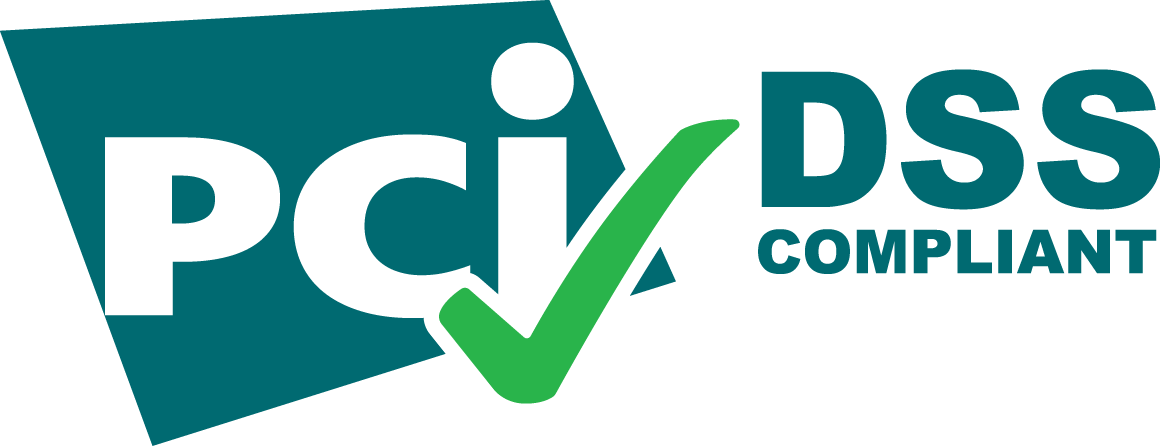Being an owner-operator and managing a trucking business comes with many responsibilities. Your trucking business can soar to new heights if everything is managed correctly. On the other hand, you can incur many unforeseeable owner-operator expenses if you cannot manage trucking operations efficiently.
You can face several challenges as an owner-operator, especially when so many operating costs are lurking around. Failing to control the expenses can reduce your bottom line significantly.
As an owner-operator or trucking business owner, you must understand and analyze your owner-operator expenses completely. Increasing your bottom line should be the ultimate goal of every owner-operator. However, it can be quite challenging to keep income above ever-increasing expenses.
Those who have been in the trucking business for a long time would know maintaining a well-balanced profit and loss statement isn’t always as easy as it sounds. With fuel prices and maintenance expenses skyrocketing and the dilemma of keeping the right insurance in place, it becomes tricky to stay afloat in the trucking business.
Having said that, as an owner-operator, you must know how to get your expenses under control and boost your profits. So let’s discuss some significant ways to help reduce owner-operator expenses to ensure maximum output leads to unprecedented success.
How to Reduce Owner-Operator Expenses
Every owner-operator’s mission is to reduce as many business expenses as possible. Therefore, their responsibility is to keep their data compliant with the ever-changing trucking regulations. With the help of this data, they can reduce owner-operator expenses.
Owner-Operator Tips to Reduce Expenses
Significant truck owner-operator expenses can put a damper on your budgeting plan. This is why we have discussed some owner-operator tips to help you reduce expenses.
Reduce Repair and Maintenance
The increased repair and maintenance costs remain a significant concern for most owner-operators. The average cost of roadside repair, including tire repair, has increased due to inflation.
Owner-operators can save on these expenses by using vehicle diagnostic data, as it would help them plan vehicle repairs in advance. With an ELD, they can check out the fault codes.
This can help them make informed decisions on whether they want to repair the issue immediately or plan for future maintenance. However, resolving the issue right away can help reduce costly repairs.
Avoid ELD Violations
Failing to provide supporting documents could lead you to violate ELD regulations. ELD violations affect CSA’s Safety Measurement System (SMS) scores. Owner-operators running trucking businesses without an ELD could also be placed out of service for at least ten hours.
Being out of service can bring severe financial consequences for you. You may end up paying hefty fines, facing heavy penalties and towing, and losing any money you would have saved while in the trucking business.
The only plausible way to save money and avoid ELD violations as an owner-operator would be to get an ELD.
Automate IFTA Reporting
Most owner-operators do their IFTA reporting manually, which is also quite time-consuming. Not only that, but manual IFTA reporting can also prove problematic in the future if they cannot interpret the handwriting or remember what happened on a particular trip.
With an ELD at their disposal, owner-operators can keep track of their fuel mileage and get detailed reports for every trip. Advanced transportation management systems (TMS) also provide ELD integrations, helping truck owners automate IFTA reporting. They can also upload fuel purchases and receipts directly from their mobile device using the TMS platform.
That way, owner-operators can save time that they spend on paperwork, avoid hiring third-party IFTA preparers and save big on fleet costs.
Increase Fuel Efficiency
Typically, long-haul trucks idle for about 1,800 hours every year. Annually, it may cost owner-operators up to $5000. Along with wasting fuel, one hour of idling per day for one year leads to 64,000 miles in engine wear.
Using a cloud-based enterprise TMS, owner-operators can accurately track and attain idle-time reports to reduce expenses, increase fuel efficiency of the fleet, and consequently save on fuel costs. Another effective way to save money is using fuel cards, as many fuel card providers offer discounts on using them. Fuel purchase tracking also becomes easier with fuel cards.
Trip Inspections
Failing to perform pre-trip inspections before hitting the road or post-trip inspections after you have reached the destination can cost you more money on repairs and maintenance. Hence, it is better to resolve small issues as soon as they appear before they turn into bigger problems and cost you more dollars.
As an owner-operator, you are responsible for controlling the repairs and maintenance costs. You may not be able to bring more revenue for your business if your truck consistently stays at the repair shop.
Avoid Frequent Outside Meals
Most truck drivers stop by fast-food restaurants and truck stops to grab a quick meal during long-haul journeys. Frequent eating out can further contribute to the ever-increasing expenses of owner-operators. However, there are several ways to avoid the hefty expenses of eating out.
For instance, if keeping cooking equipment in your truck is not feasible, you can always prepare your meals at home beforehand and take them with you on long-route journeys. With pre-made meals at your disposal, you can prevent yourself from eating at truck stops or fast food restaurants.
On the other hand, when preparing meals at home is not convenient, you can stop by the grocery stores and get some snacks instead of spending more money at fast-food restaurants.
Use an Advanced TMS
Increasing business efficiency and streamlining complex trucking operations is the top priority for every owner-operator. A reliable and state-of-the-art transportation management system (TMS) can help you handle multiple tasks from a single window.
Whether finding profitable loads, managing them, simplifying payrolls, dispatching and tracking loads, automating IFTA reports, and getting detailed reporting and statistics of your trucking business, you can handle all these tasks via an advanced TMS solution.
Using a TMS, you can reduce the long hours you spend on paperwork and admin-related work and focus more on saving time and money down the line.
Reduce Insurance Premiums
Another one of the best owner-operator tips would be reducing insurance premiums. Since the trucking business is susceptible to substantial on-the-road risks, most owner-operators find trucking insurance quite expensive.
The majority of the time, the insurance costs drastically increase, and this happens because some owner-operators have applied for premiums that they don’t even need.
The best way to reduce insurance costs is to keep track of your policies and see which ones you need for your business. In addition to that, when it comes to choosing insurance premiums, it is recommended to get several quotes from multiple insurance companies before deciding which insurance company would benefit you the most financially.
Reducing Truck Owner-Operator Expenses: Conclusion
When you are an owner-operator, you have to ride on a thin margin of error. With uncertain political and economic circumstances, highly volatile fuel prices, high repair and maintenance costs, and insurance premiums, you can be ripped off of your income within a blink of an eye.
That’s the reason why every owner-operator needs to be proactive and follow owner-operator tips mentioned to reduce major truck owner-operator expenses. These tips can help you save money and increase your profits in the long run while ensuring you have everything you need for your longer routes.
About the Author: Sara Naveed
Sara Naveed is a creative and digital content writer who uses her creative skills to develop and edit professional web content. Being a writer has always been her dream. She earnestly hopes people appreciate her writing—an asset she deeply covets. Using her 8+ years of working experience, she writes for trucking industry experts who are always looking for better technological solutions to their problems.











